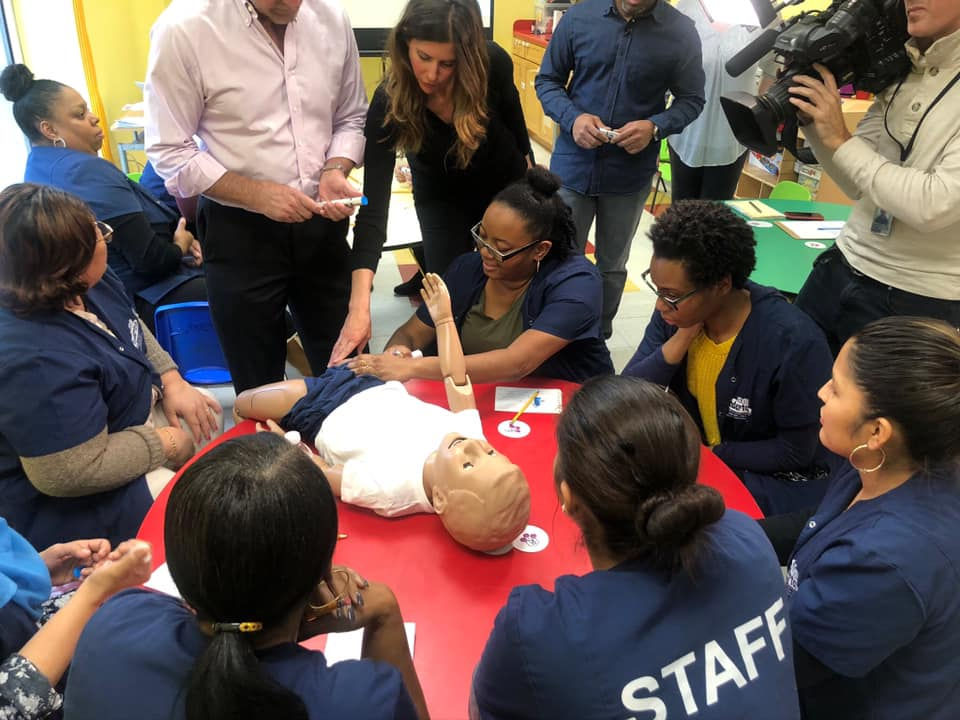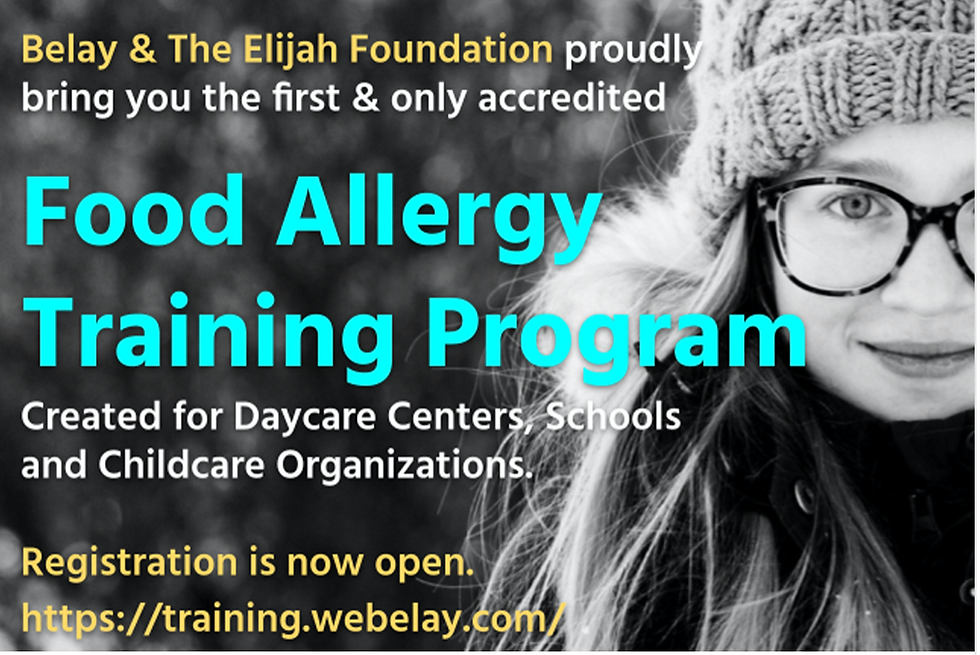
Parents should take an active role in communicating their child's food allergies to the daycare or school, and provide written documentation from a doctor outlining the specific allergies and necessary precautions.
The following are the key points that parents should ask and tell their daycare or school about their child's food allergies:
Allergic Reactions: Parents should inform the daycare or school about the symptoms of an allergic reaction, such as hives, itching, swelling, difficulty breathing, and gastrointestinal issues.
Allergens: Parents should provide a clear list of their child's food allergies, including any cross-contaminants that can trigger an allergic reaction.
Emergency Procedures: Parents should provide written emergency procedures for managing an allergic reaction, including how to administer epinephrine, if needed.
Medications: Parents should inform the daycare or school about any medications their child takes, including an epinephrine auto-injector and antihistamines.
Diet: Parents should provide information about their child's usual diet and any dietary
restrictions they have.

The following are the key points that the daycare or school should tell parents of children with food allergies:
Allergen Awareness: The daycare or school should inform all staff members and caregivers about the child's allergies and provide training on how to prevent and manage allergic reactions.
Allergen-free Environment: The daycare or school should have a clear plan in place for ensuring a safe and allergen-free environment, such as having separate designated areas for preparing and storing allergen-free foods, thoroughly cleaning surfaces and utensils after use, and having clear labeling and communication systems in place.
Accident Prevention and Management: The daycare or school should have a clear plan in place for dealing with accidents, such as having the appropriate medication (e.g. epinephrine auto-injector) readily available, and staff trained in its use.
Communication: The daycare or school should communicate regularly with the parents to discuss any concerns and updates regarding their child's allergies and overall well-being.
A childcare emergency action plan for food allergies is a critical component of any childcare center, designed to ensure that children with food allergies receive appropriate and timely care in the event of a reaction. The following are key elements that should be included in an effective childcare emergency action plan for food allergies:
Allergy Information: Information on each child's food allergies, including type of allergen, symptoms of a reaction, and treatment procedures, should be kept on file and updated regularly.
Emergency Contacts: A list of emergency contacts, including parents, local emergency services, and any relevant medical professionals, should be readily available and updated regularly.
Response Procedures: Detailed instructions for responding to a food allergy reaction, including administering medication (e.g. epinephrine auto-injector), contacting emergency services, and providing appropriate care, should be in place and regularly reviewed with all staff members.
Allergen Management: Guidelines for avoiding cross-contamination and managing allergen exposure, including food storage and preparation techniques, should be in place and regularly reviewed with all staff members.
Training: Regular training and drills should be conducted to ensure that all staff members are knowledgeable and confident in their ability to respond to a food allergy reaction.
Communication: Clear and effective communication between the center, parents, and any relevant medical professionals should be maintained to ensure that everyone is informed and prepared in the event of a reaction.
Review and Updates: The emergency action plan should be reviewed and updated regularly to reflect changes in the center and to ensure that it remains effective and relevant.
Having an effective emergency action plan for food allergies in place is crucial for ensuring the safety and well-being of children with food allergies in a childcare setting.

It is important for both parents and daycare/school staff to work together to ensure the safety and well-being of children with food allergies. This can be achieved through open and effective communication, proper training, and a commitment to creating a safe and allergen-free environment.
If you are interested in elevating the level of food allergy safety at your childcare center, school, or business we are here to provide assistance and support. By contacting us today, you will have the opportunity to engage with our team of experienced professionals and gain access to our comprehensive training programs designed specifically for childcare centers.
In addition to providing virtual or hands-on training for your staff, our programs also place a strong emphasis on communication, both between the center and parents, and within the center itself. We understand the importance of collaboration and information sharing in effectively addressing food allergies and strive to ensure that everyone involved is fully equipped to provide the best possible care for children with food allergies
Don't miss this opportunity to enhance the food allergy safety protocol at your childcare center. Contact us today for more information and to get started on the path towards a safer and more informed environment for all.
Comments